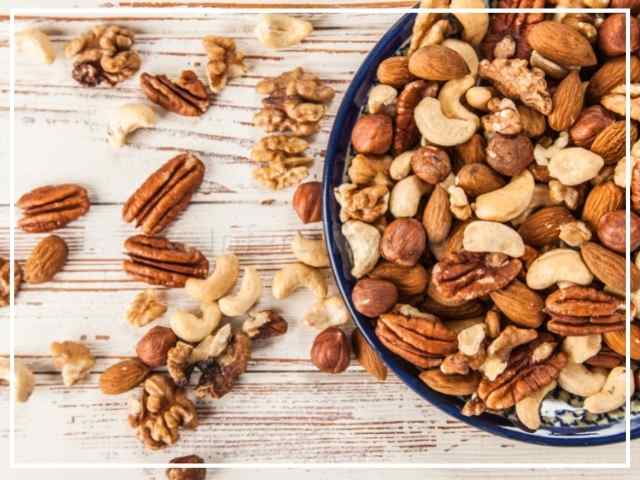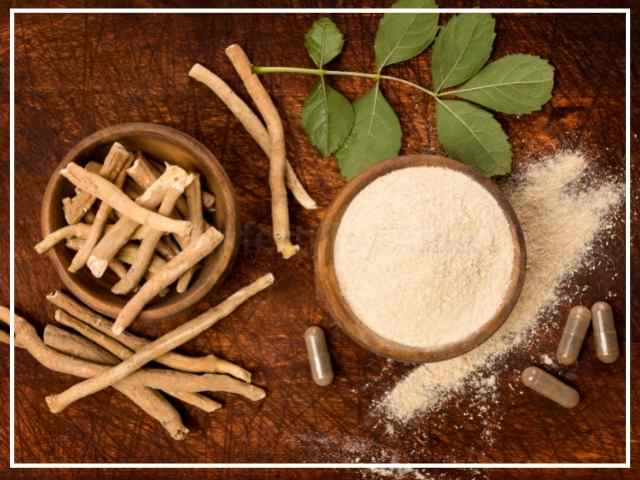In 50% of all infertility cases, the problem is attributed to the man (1). Fortunately, the sperm development cycle in humans is just around 74 days and by making the right choices, you may be able to improve your sperm count and motility in under 3 months.
If your semen analysis report is disappointing, the first step is to find and eliminate the causative factors of your sperm problem.

What causes low sperm count and motility?
Even young men in their mid-20s are facing infertility due to poor sperm factors (2) and it could be caused by:
- Infertility due to Celiac disease
- Genetic disorders
- Past cancer treatments
- Scarring from a previous surgery
- Any infection in the body
- Hormonal imbalance
- Alcohol, tobacco, or drug abuse
- Undescended testes
- Prolonged sitting, sedentary lifestyle or obesity
- Exposure to certain toxic chemicals
- Chronic stress or sleep disorders
- Contant exposure of testicles to heat (such as from a laptop)
Some of the symptoms of infertility in men are:
- Erectile dysfunction – for which you can get affordable shockwave therapy for ED
- Inflammation or pain of testicles
- Thinning or falling hair
Which foods and drinks improve sperm?
- Omega-3: Foods rich in Omega-3 fatty acids such as walnuts, fish, flaxseeds, chia seeds, berries, avocadoes etc. are excellent to improve sperm quality, count, and motility.
- Zinc: Besides, almonds and cashews, oysters, beef, and poultry are all rich in Zinc, which is crucial for testosterone synthesis and production of sperm.
- Vitamin C: Foods rich in Vitamin C like lemons, oranges, kiwifruit, etc. help reduce the oxidative stress on your sperm cells, making them healthier.
- Vitamin E: Vitamin E protects the outer membrane of the sperm from free radical damage, and helps improve its motility. Foods rich in Vitamin E such as sunflower seeds, almonds, peanuts, beets,
- Vitamin B9: Folate or Vitamin B9, which is found in broccoli, brussels sprouts, green leafy vegetables, spinach, citrus fruits, papayas, asparagus, nuts, beans bananas, etc. is important for cellular growth and function. It helps to improve the form and function of sperm.
- Vitamin D: Food such as fatty fish, cod liver oil, egg yolks, egg yolk, mushrooms, etc., which are rich in Vitamin D are helpful in improving sperm motility (3).

Foods such as soy, high-fat diary, processed meats and excessive sugar should be avoided when you’re trying to improve your sperm count and motility.
Which exercise is best for increase sperm count?
Researchers studying the effect of exercise of semen quality (4) found that the sperm concentration was 43% higher in men who engaged in moderate to vigorous exercise for an average of 3.2 hours a week.
Outdoor activities and weightlifting were also found to improve sperm parameters.
However, intensive running, marathon training that causes scrotal heating and excessive engagement in high-intensity exercise for a period of 4 months, were associated with a reduction in sperm density and motility in men.
Which supplements can improve sperm count?
- Coenzyme Q10 (CoQ10): Sperm density, motility, and morphology were all improved with administration of CoQ 10 supplement, which serves as an excellent anti-oxidant for sperm cells (5).
- Ashwagandha: It is an important component of Indian Ayurvedic remedies for sperm. In a small trial of men, supplementing with Ashwagandha herb improved sperm count by 167% within 3 months (6). Semen volume increased by 53%.
- D-aspartic acid (D-AA): It is an amino acid that is present in your testicles, semen and sperm cells. A study found (7) that taking 2.66 grams of D-AA supplements a day for three months increased the testosterone level in men by 30% – 60% and enhanced the count and motility of their sperm by 60% – 100%. However, D-AA did not boost testosterone levels in athletes or healthy men, who already had normal to high amounts of the hormone.
- Vitamins C, D, E, Folate and Zinc: As mentioned above, these vitamins have a beneficial effect on your sperm but if you’re not able to include adequate amounts of these in your regular dietary food, you can consider taking additional supplements for a few months.
- Fenugreek supplements: Fenugreek seeds help with fat-loss and improving testosterone levels in men, thus helping improve their sperm parameters.

How quickly can sperm quality improve?
Human males have constant development of new sperm in their testicles every 74 days. This means that by improving your lifestyle, getting enough sun and exercise, avoiding toxic foods and chemicals, and including high-quality foods and supplements in your diet can help improve your sperm quality within 3 months.
To consult with a fertility expert to improve your sperm count and motility, get in touch using the red contact button on this page.
References
- Leslie SW, Soon-Sutton TL, Khan MAB. Male Infertility. [Updated 2024 Feb 25]. In: StatPearls [Internet]. Treasure Island (FL): https://www.ncbi.nlm.nih.gov/books/NBK562258/
- Adamczewska, D., Słowikowska-Hilczer, J., & Walczak-Jędrzejowska, R. (2022). The Association between Vitamin D and the Components of Male Fertility: A Systematic Review. Biomedicines, 11(1), 90. https://doi.org/10.3390/biomedicines11010090
- Jóźków, P., & Rossato, M. (2017). The Impact of Intense Exercise on Semen Quality. American journal of men’s health, 11(3), 654–662. https://doi.org/10.1177/1557988316669045
- Gaskins, A. J., Afeiche, M. C., Hauser, R., Williams, P. L., Gillman, M. W., Tanrikut, C., Petrozza, J. C., & Chavarro, J. E. (2014). Paternal physical and sedentary activities in relation to semen quality and reproductive outcomes among couples from a fertility center. Human reproduction (Oxford, England), 29(11), 2575–2582. https://doi.org/10.1093/humrep/deu212
- Ahmadi, S., Bashiri, R., Ghadiri-Anari, A., & Nadjarzadeh, A. (2016). Antioxidant supplements and semen parameters: An evidence based review. International journal of reproductive biomedicine, 14(12), 729–736 https://www.ncbi.nlm.nih.gov/pmc/articles/PMC5203687/
- Ambiye, V. R., Langade, D., Dongre, S., Aptikar, P., Kulkarni, M., & Dongre, A. (2013). Clinical Evaluation of the Spermatogenic Activity of the Root Extract of Ashwagandha (Withania somnifera) in Oligospermic Males: A Pilot Study. Evidence-based complementary and alternative medicine : eCAM, 2013, 571420. https://doi.org/10.1155/2013/571420
- Gemma D’Aniello, Salvatore Ronsini, Tiziana Notari, Natascia Grieco, Vincenzo Infante, Nicola D’Angel, Fara Mascia, Maria Maddalena Di Fiore, George Fisher, Antimo D’Aniello. D-Aspartate, a Key Element for the Improvement of Sperm Quality: DOI: 10.4236/asm.2012.24008
Medically Reviewd by: Dr. Meenakshi, PhD